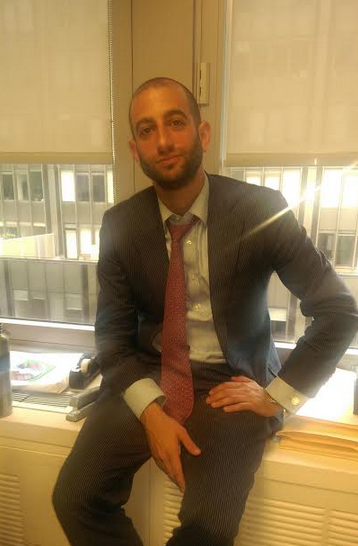Brooklyn D.A.’s drug policy follows tide of the country
Bill Bolsters Already Existing Marijuana Initiatives

Brooklyn’s new district attorney announced a policy on Tuesday to decline prosecution in low-level marijuana possession cases. This decision by D.A. Ken Thompson appears to follow the liberal and progressive tide of the country in general and New York state in particular.
Thompson’s announced policy comes on the heels of New York state Gov. Andrew Cuomo signing into law the legalization of marijuana for medicinal purposes, making New York the 23rd state in the country to authorize medical marijuana.
“[The law] gets us the best that medical marijuana has to offer in the most protected, controlled way possible,” Cuomo, said Monday at a ceremonial bill signing in New York City. “This is the smartest approach that any state has taken thus far.”

Brooklyn Boro
View MoreNew York City’s most populous borough, Brooklyn, is home to nearly 2.6 million residents. If Brooklyn were an independent city it would be the fourth largest city in the United States. While Brooklyn has become the epitome of ‘cool and hip’ in recent years, for those that were born here, raised families here and improved communities over the years, Brooklyn has never been ‘uncool’.